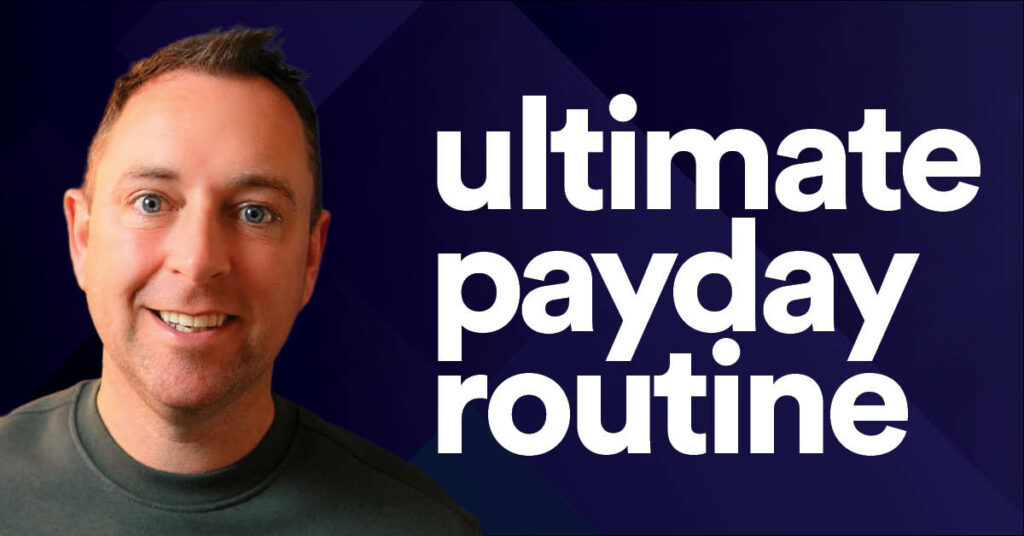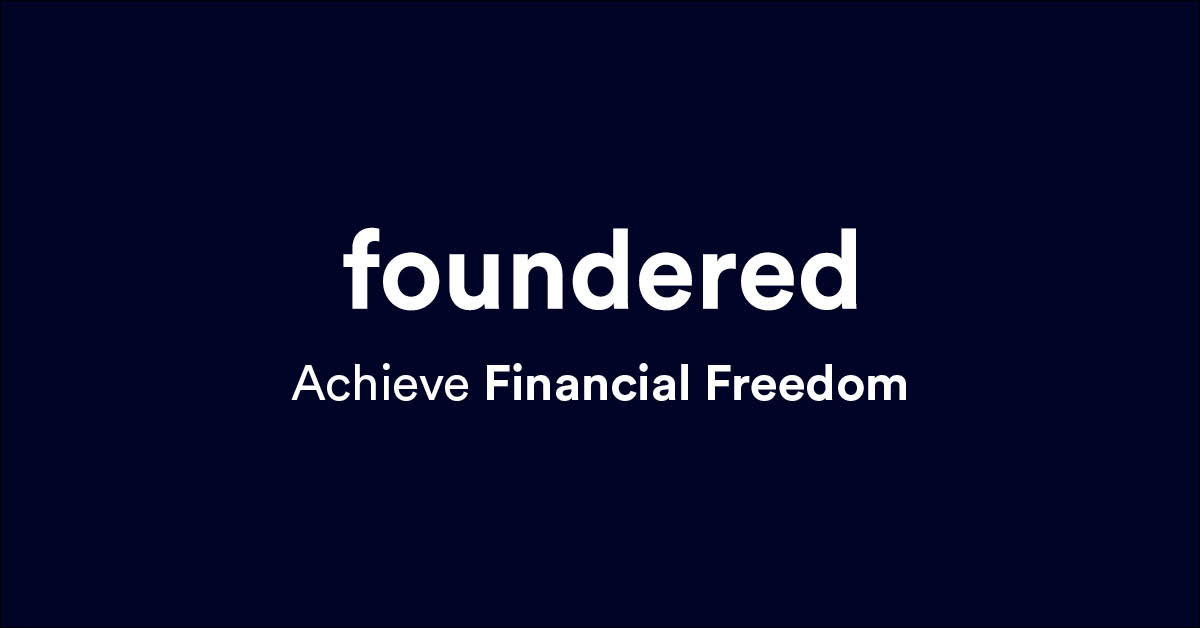For most people Friday is payday. You might be going out for drinks or finally checking out that Asos cart that’s been sitting ready since last month. And why shouldn’t you? Work is hard and you work hard to earn your wage. Why shouldn’t you spend it?
I’m not here to tell you to stop spending your money, in fact, I’ll be the first to tell you to spend it on the things you truly value. But I am here to tell you that your choices now will affect you later.
You have a choice to go out and spend all of your money within the coming weeks leaving nothing to show for it or you could start putting some of it away to secure your financial future.
But often the hardest part is just getting started. You have bills to pay and you’ve not planned any savings this month.
Well with a few days until your pay packet hits your bank account, you have plenty of time to set a payday routine and make a plan for your money.
What Is A Payday Routine?
A payday routine is a plan you complete every day you get paid.
When I was working I had an income this was pretty much the routine I followed for nearly a decade. It helped me to have the discipline to stick to my plan knowing I had a strategy for my finances.
Here’s what I did.
Before Payday
1 – Set a budget for the month
The greater your savings rate the better, but focusing on a 50/30/20 budget is a great start. 50% towards needs, 30% towards wants and 20% towards saving.
And even if this month doesn’t go to plan, that’s ok! With every new month comes a new opportunity to get your finances in check.
2 – Review last month’s budget
I use this opportunity to review any of my expenses such as subscriptions and cancel the ones that I got no or little value from in the previous month. Check for unexpected expenses and if you have gone over budget, refine this coming month’s budget to rectify any overspending
On payday
1 – Check your payslip
Always check your payslip. As the person who managed the wages in my company, there is always a chance that an error can unexpectedly slip in. Check your pay matches what you expect it to be and that any deductions for pensions etc or additions from bonuses match your expectations. Then check your bank statement to make sure the figures match.
If there are any issues, your employer should be able to rectify them promptly.
2 – Pay yourself first
Once you know your budget for the month, the first thing you should do when you get paid is to put your savings/investments into those accounts. If you can set up direct debits in advance, fantastic. If not, transfer the money into the accounts below before you do anything else with your money.
- Investment accounts
- Emergency funds
- Sinking funds
It’s good practice to set up different pots or accounts for each of your savings accounts so that it’s away from your primary spending account.
3 – Enjoy your discretionary spending
It’s all too easy to get caught up in a saving and investing mindset. Remember to enjoy the journey and to spend your discretionary money where you truly want to. If you don’t spend it all, then you can add it to your savings or investing accounts.
Once you set your payday routine, it becomes easier to manage every month. By sticking to the process over the long term, you’ll be in a much better financial position years from now.
Follow me on Instagram for more money tips or head over to the Foundered Money Youtube


